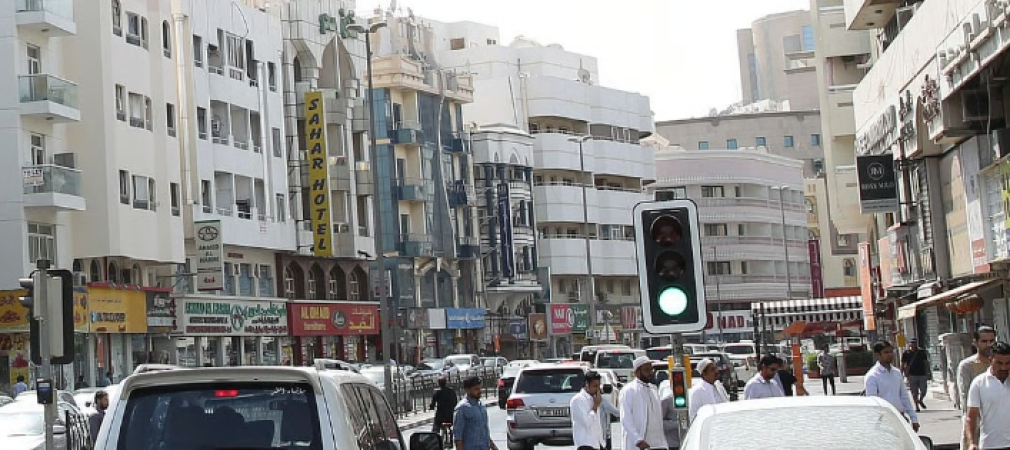Karim and his brother Azim had been residing in a loft area within a two-bedroom apartment in Al Rigga, paying Dh1,800 per month. Both worked as taxi drivers, operating on opposite shifts—one during the daytime and the other at night—making the living arrangement suitable. The loft was split into two levels, providing more room than a conventional bedroom.
“There were about 16 people living in that flat,” Karim recalled. “Each person had their own small space. It wasn’t fancy, but it served our needs.”
However, the situation drastically changed last weekend. The brothers were suddenly forced to vacate the apartment due to spot inspections carried out by Dubai Municipality. In collaboration with the Dubai Land Department and Civil Defense, the municipality began a crackdown on illegal partitions, following earlier warnings issued that month.
Several areas were targeted during this inspection campaign, including Al Rigga, Al Muraqqabat, Al Barsha, Al Satwa, and Al Raffa. Authorities explained that unauthorised structural modifications—such as lofts, wooden partitions, and converted kitchen spaces—present significant fire and safety hazards.
Azim noted, “We had just moved in two months ago. The real estate agent assured us that living in such spaces was permitted. We had no idea it was illegal. The owner didn’t inform us. Maybe a notice was posted and we missed it. But we never imagined we’d have to leave without warning.”
‘My kitchen was my bedroom’
Rupa, a salon employee from Nepal, had been living in a space that previously functioned as a kitchen. “They added a curtain and a fan, and rented it to me for Dh600,” she said. “I didn’t mind because I work all day and only needed a place to sleep.”
However, after the building was inspected and her setup was deemed unsafe, Rupa had to vacate. “I’m currently staying at a friend’s place, but I don’t know how long I can remain there.”
Raza, a delivery rider from Pakistan, had been sharing a plywood-partitioned portion of a bedroom in Muraqqabat with three other individuals. “Rent was Dh700 and we divided the utility costs. I knew it wasn’t legal, but people like us don’t have many choices,” he admitted. “When the officials showed up, we didn’t protest. We packed up and left that same night. We were never directly notified.”
Bilal, who works at a watch shop in Deira, had been living in a hall area shared with five others. “The partitions were made by the landlord, not by us,” he stated. “We heard there were letters from the municipality, but we didn’t receive anything personally.”
Even so, Bilal confessed to being aware that the arrangement wasn’t entirely lawful. “Most of us knew, but what can you really do when you earn just Dh2,000 a month?”
Farida, a single mother from India, had rented a small, partitioned section in Al Muraqqabat where she lived with her teenage daughter. “I only work part-time, and this was all I could manage financially,” she said. “After being told to leave, we shifted to my cousin’s apartment in Sharjah.”
Prior Warnings
Dubai Municipality clarified that landlords and property owners had been notified in advance of the inspection campaign.
The initiative is part of an effort to improve direct communication with building owners, aiming to raise awareness about the dangers posed by unauthorized or illegal structural changes—whether temporary or permanent—within residential properties. It also stresses the importance of following building regulations and removing any structures that do not comply.
The municipality emphasized that the goal of the campaign is not to target tenants, but to ensure public safety and the integrity of infrastructure. It is mandatory for both tenants and landlords to secure official approvals before constructing partitions or making any changes to a residential unit.

